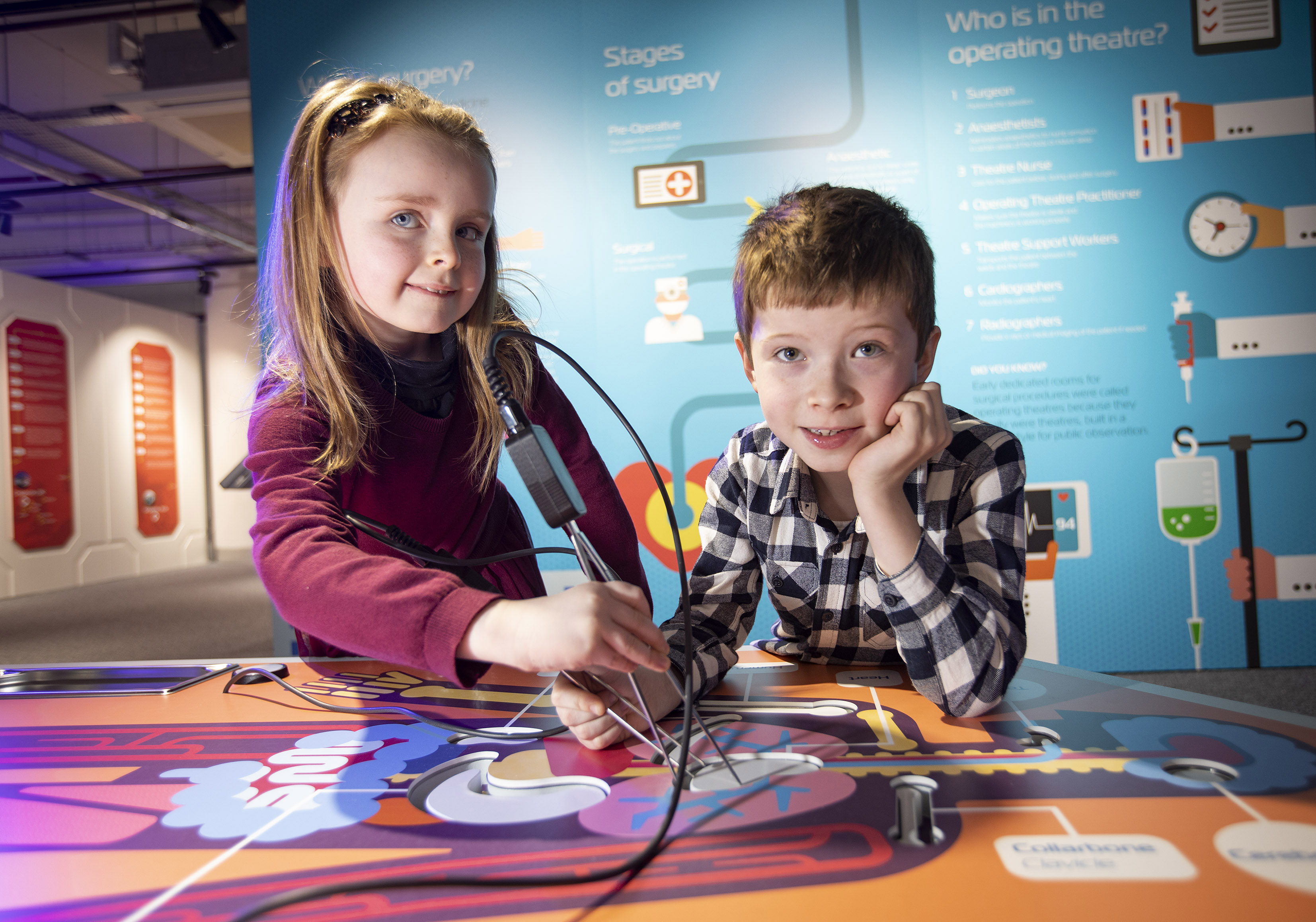
Five young people with learning disabilities headed to Brussels on Friday (January 18) after being selected as Northern Ireland ambassadors in a prestigious EU project co-ordinated by the University of Atypical
The team of five joined their counterparts from Belgium, Croatia, Finland and England in the Yes We Are In project, exploring life, arts and culture in the different countries.
Facilitated by David Calvert, Artistic Director of Kids in Control, the group will explore similarities and differences between their lives in Belfast and those of disabled ambassadors from the other countries. Nigel Lockhart, Nikki McLaughlin, Nicholas Moore, James Morgan and Sean Patterson have been selected to represent Northern Ireland.
The young ambassadors will have the chance to show off their home in June when the entire delegation comes to Belfast to see what life is like here.
Chris Ledger, CEO of University of Atypical said the aim of the project was to build new friendships and grow digital skills while supporting experimentation to devise and co-produce live artistic performances with younger people with learning disabilities.
“We’re excited to be part of a project which provides an opportunity for these talented young people to experience new cultures and grow their appreciation of the arts. It is a great coup for Northern Ireland’s Arts and Disability sector.
The five young ambassadors were seen off by Belfast Lord Mayor, Councillor Deirdre Hargey who said: “It looks like an exciting and fun project and I look forward to seeing the results back in the city and welcoming visitors from the project in June this year. My charter promotes a Belfast for All, a Belfast which is open and accessible, respecting everyone’s rights and encouraging everyone to live the best life possible. “Yes We Are In” is doing exactly that.”
Gilly Campbell, Head of Community Arts and Education, Arts Council of Northern Ireland said: “As principal funder of the University of Atypical, the Arts Council of Northern Ireland is pleased to see disabled young people from here taking part in this terrific opportunity with their European peers. The University of Atypical carries out tremendous work with disabled people from across the region and we are delighted to see this work recognised with the new source of EU funding. Congratulations!”
For more information about the work of University of Atypical, visit https://universityofatypical.org/

